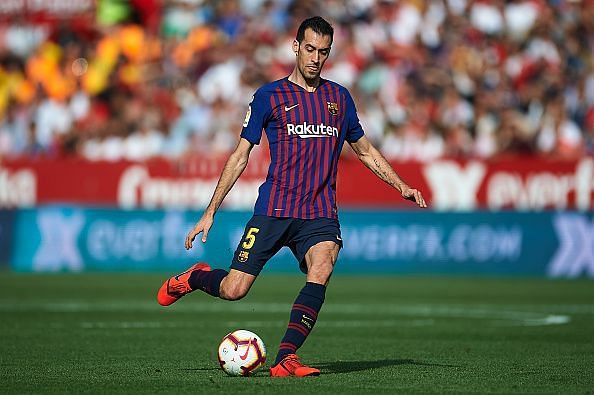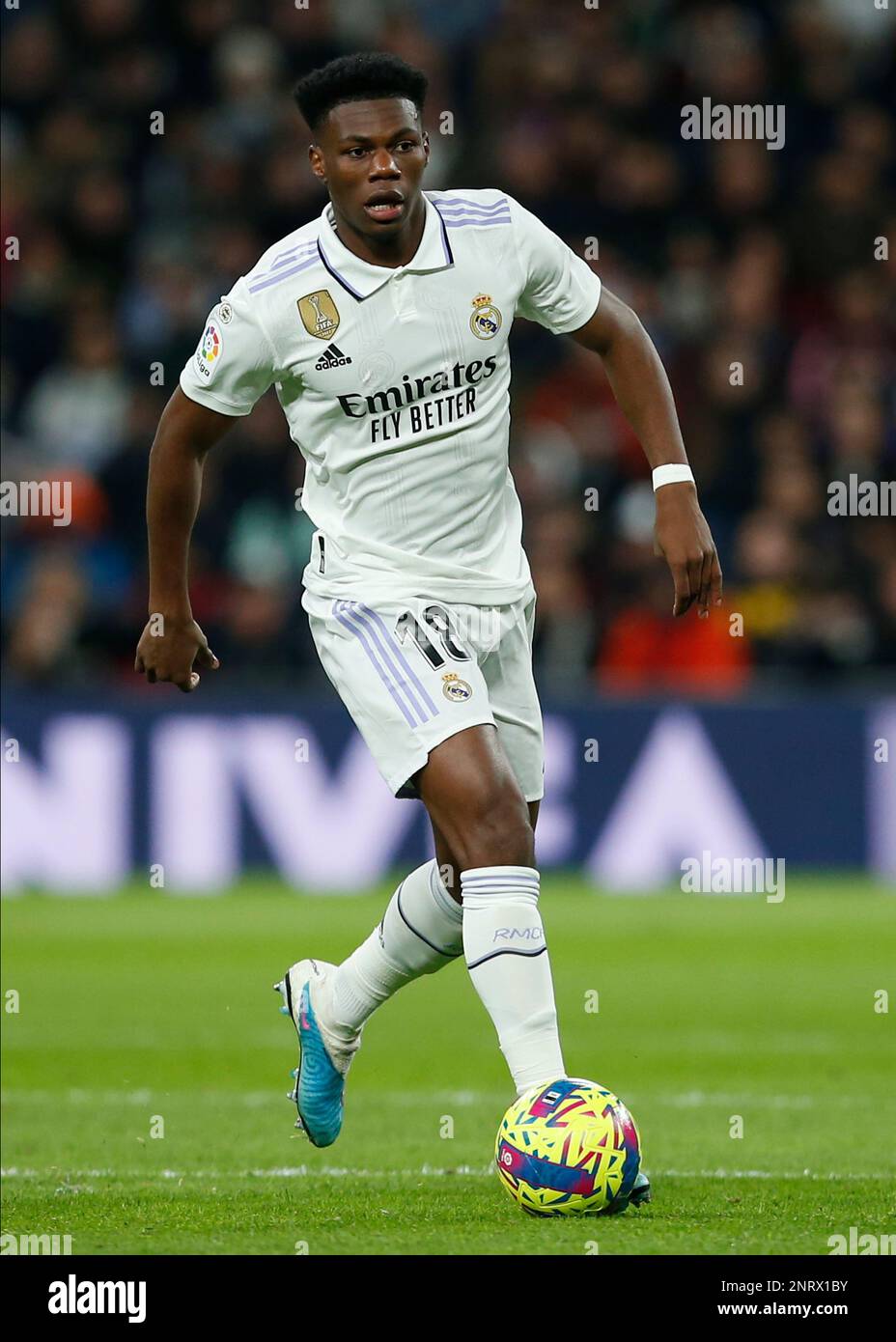The Unsung Hero: Deciphering the No. 6 Role in Football
Introduction:
In the world of football, every
position plays a crucial role, but the no. 6 position, often referred to as the
defensive midfielder, is like the unsung hero on the pitch. A defensive
midfielder (or dm, or cdm) is an important cog in any team's strategy because
they are the players in charge of performing defensive duties. They can make
the difference between success and failure on the field, much like a linchpin.
This article will delve into the
functions of a no. 6, the qualities that define a good one, and highlight
legendary and active players who have excelled in this pivotal role, including
the iconic Lothar Matthäus. Additionally, we'll explore insights from prominent
coaches, such as Julian Nagelsmann, on the importance of the no. 6 role, and
identify young defensive midfielders who could become the best in this role in
the future, including Declan Rice, Boubakary Soumaré, Sandro Tonali, and
Aurelien Tchouameni.
The Role of a No. 6:
The no. 6, or defensive
midfielder, serves as the linchpin between defense and attack. Their primary
functions include:
1. Defensive Shield: The no. 6's
foremost responsibility is to provide a protective shield for the defense. They
disrupt opposition attacks, intercept passes, and win crucial duels.
2. Playmaking: While their
primary role is defensive, a good no. 6 possesses excellent passing ability.
They initiate attacks with precise long balls or short passes, often acting as
the first link in the transition from defense to offense.
3. Positional Awareness: No. 6
players excel in maintaining proper positioning, covering gaps in defense, and
ensuring stability in the midfield.
Qualities of a Good No. 6:
To excel in this role, a player
should possess specific qualities:
1. Intelligence: A no. 6 must
have a keen footballing mind, understanding when to press, intercept, or
distribute the ball.
2. Passing Prowess: Exceptional
passing accuracy, both short and long, is vital for dictating play.
3. Defensive Tenacity: Strong
tackling, anticipation, and the ability to read the game are essential for breaking
up opposition attacks.
4. Leadership: Many no. 6 players
are natural leaders, guiding their teams through their composure and
decision-making.
Legendary and Active No. 6
Players:
1. Lothar Matthäus: The iconic Lothar Matthäus is often
regarded as the best defensive midfielder ever, known for his all-around
excellence, leadership, and versatility. With these exceptional skills, Matthäus
has cemented his place in football history. His ability to adapt his game as he
aged, transitioning from a midfielder to a sweeper, highlighted his versatility
and football intelligence.
2. Andrea Pirlo: Pirlo was a
maestro in the no. 6 role, known for his impeccable passing, vision, and
calmness under pressure.
3. Sergio Busquets: Busquets is a
modern-day icon, combining elegant ball distribution with astute defensive
positioning for Barcelona and Spain.
4. Claude Makélélé: Makélélé's
influence at Chelsea earned him the term "The Makélélé Role,"
highlighting the importance of a holding midfielder.
5. Joshua Kimmich: Kimmich
exemplifies the modern no. 6, adept at both defensive duties and playmaking,
often seen in his role at Bayern Munich.
6. Casemiro: The Brazilian powerhouse
Casemiro has earned a reputation as one of the best defensive midfielders,
showcasing strong tackling and exceptional positioning for Real Madrid and now Manchester
United.
7. Rodri: Rodri is a defensive
midfielder known for his technical ability on the ball and his influence in
breaking up play. By rarely moving ahead of the ball, he covers a lot of
territory, aiding assaults from the base of midfield while also providing
security against counter-attacks. He has excellent anticipation and is
especially good at deposing opponents by nipping in to steal the ball as a pass
approaches an opponent.
Young Defensive Midfielders with
Potential:
1. Declan Rice: The young English
midfielder Declan Rice has shown great promise with his defensive skills,
composure on the ball, and leadership qualities.
2. Boubakary Soumaré: Soumaré,
the French sensation, is gaining attention for his imposing presence, excellent
passing range, and ball-winning abilities.
3. Sandro Tonali: The Italian
prospect Sandro Tonali combines elegant passing with tenacious tackling,
drawing comparisons to the great Andrea Pirlo.
4. Aurelien Tchouameni:
Tchouameni has been turning heads with his composure, tackling ability, and potential
to become a top-class no. 6 in the future.
Coaches' Perspectives:
Several prominent coaches have
emphasized the significance of the no. 6 role:
-
Pep Guardiola: "A good no. 6 is the
heartbeat of a team, balancing between attack and defense. They are the
starting point of our game."
- Jurgen Klopp: "The no. 6 is like a
conductor in an orchestra, dictating the rhythm of the team's
performance."
-
Jose Mourinho: "The no.6 is the 'water
carrier.' They might not score many goals, but their work allows others to
shine."
-
Julian Nagelsmann’s: Julian Nagelsmann, known
for his tactical acumen, has stated, "The no. 6 is the pivot of the team.
They are the ones who maintain structure and initiate transitions. A good no. 6
is invaluable, and their influence often goes beyond statistics."
Conclusion:
The no. 6 role in football is a
nuanced and indispensable position that often goes unnoticed by casual
observers. However, the qualities and functions of a good no. 6 are vital to a
team's success. Legends like Lothar Matthäus, Pirlo, Busquets, Makélélé,
Kimmich, and Casemiro continue to showcase the importance of this role. With
promising young talents like Declan Rice, Boubakary Soumaré, Sandro Tonali, and
Aurelien Tchouameni on the horizon, the future of the no. 6 role looks bright,
ensuring that the unsung hero of football remains an invaluable asset to the
game.






Comments